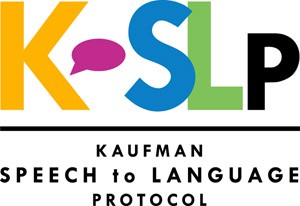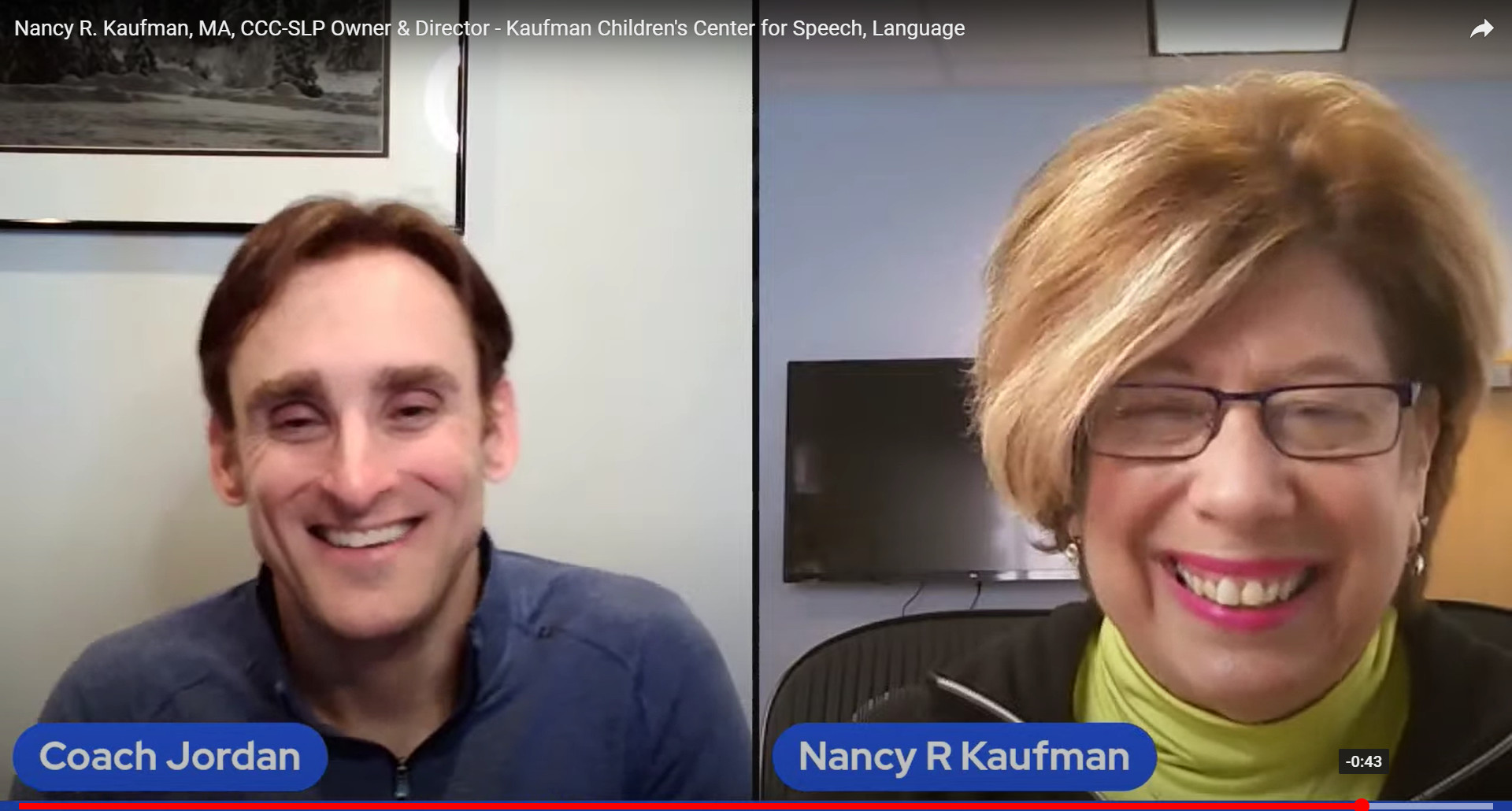Best Practices for Your Child’s Speech Therapy
BY NANCY R. KAUFMAN, MA, CCC-SLP
KCC Owner & Director / Speech-Language Pathologist
May is Better Speech and Hearing Month, and the 14th is Childhood Apraxia of Speech Awareness Day! In the spirit of helping children who struggle to speak, here are some best practices that parents should look for in children’s speech and language therapy.
MOTIVATION
Favorite toys and activities should be used in therapy and changed up often to keep children attentive, engaged and willing to perform structured tasks. In addition to some drills, there should also be time for play while working on target words and phrases. Therapy should be fun!
TARGET WORDS & PHRASES
Words chosen for therapy should be within the child’s capability: they should be able to produce most of the vowels and consonants within the words. The words should help them gain syllable shapes they haven’t yet mastered and to help them request and comment in their environment. SLPs should determine what the child’s best approximations would be for specific target words and continue to assist them toward perfection of these targets.
CUES
Multisensory cues (hand signals, oral postures, gestures, first consonants/syllables, etc.) should be used to support the child’s initial efforts until the cues can be faded. Imitation with full cues should then be used to help the child produce the target word as independently as possible.
MASS PRACTICE
Gaining as many repetitions as possible on the chosen target syllables, words, or phrases is important. Using the child’s favorites for reinforcement and avoiding wasted time will help keep motivation high.
AVOID OVERGENERALIZATION
SLPs should vary their goals within sessions. If final consonant inclusion was the only goal (for example), the child may believe that every word should have a final consonant.
COACHING THROUGH PLAY
Coaching parents and caregivers to gain the child’s goals within their natural environment is important for success. It is our task as SLPs to help parents and caregivers to practice at home and through so that homework is fun and practical!








